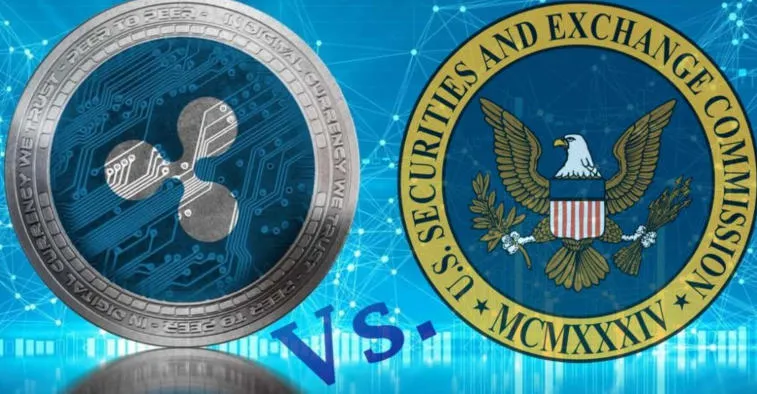XRP has gained a lot of popularity on Australian exchanges
FInancial Review reports that at the moment, transactions with the digital asset XRP prevail on the Australian cryptocurrency exchanges. This is due to the fact that in the financial markets in this country, international payments are becoming more and more popular and thus XRP is becoming the main option for use in the digital asset market.
In order to make this possible, the introduction of cross-border money transfers based on Ripple took place earlier. In these transfers, XRP has become an intermediate token in the process of transferring currencies to other countries. Users in Australia make payments in Australian dollars at their destinations, while transferring funds to another country takes a few seconds. All these advantages have made XRP very popular in this country.
At the start of the week, Ripple accounted for 62% of all trading volume on BTC Markets in the Australian capital, Melbourne. As for the other exchange, Independent Reserve, the prevalence of the Ripple token is even stronger there. About 82% of all transactions are carried out using XRP.
The situation was commented by the Executive Director of BTC Markets Caroline Bowler. According to her, the company is in partnership with Ripple, which allows it to provide liquidity for cross-border money transfers (ODL):
ODL effectively helps companies manage cross-border payments without requiring correspondent banking and pre-financing costs. It uses XRP to facilitate part of this process, hence the trading volumes on our platforms.
According to Caroline Bowler, XRP has a very high popularity on the BTC Markets platform, while the value of Ripple dominance in the overall cryptocurrency market is much lower.
In another Australian financial market, Independent Reserve, clients love XRP even more than they do in BTC Markets. During the day, they managed to turn over transactions for an amount exceeding $10,200,000. It is noteworthy that this figure is greater than that of the trade volumes of other countries combined.
According to Independent Reserve CEO Adrian Prezelozny, international ODL money senders and market makers are an integral part of Ripple's customer base.
Recall that at the moment, Ripple is still suing the US Securities and Exchange Commission. The SEC filed a lawsuit against XRP in December 2020, accusing the company of having made an initial public offering (IPO) bypassing all the necessary preliminary procedures.

Now their trial has entered the most important stage in all the two years of the conflict. It is noteworthy that the court switched to the format of summary proceedings. In this regard, Judge Analisa Torres will soon have to pass a verdict in favor of one of the conflicting parties. The verdict will have to take place no later than March 31.
According to Bloomberg, this decision should in some way determine the future of the industry and show whether the US Securities and Exchange Commission should be in charge of overseeing the field of cryptocurrencies or other people should do it.
The crypto community is also convinced that the future of cryptocurrencies in America depends on the outcome of this trial. If Ripple wins, this will reveal the lack of competence on the part of the US authorities regarding the issue of digital assets and the occupation of investors may be more free.
It is worth noting that the first-ever subcommittee on digital assets in the US Congress recently appeared in the history of America. French Hill, a former congressman and banker, who is experienced enough to carry out the work ahead, became chairman. The most interesting thing in this situation is that French Hill and his team will create a certain set of rules that will regulate the digital asset industry.
According to many experts, including Brand Garlinghouse, CEO of Ripple, this should have been handled by the US Securities and Exchange Commission, but SEC Chairman Gary Gensler said he did not see the point. According to Gensler, digital assets are no different from ordinary securities and should be subject to the same regulation, with which the cryptocurrency community strongly disagrees.

Коментарі